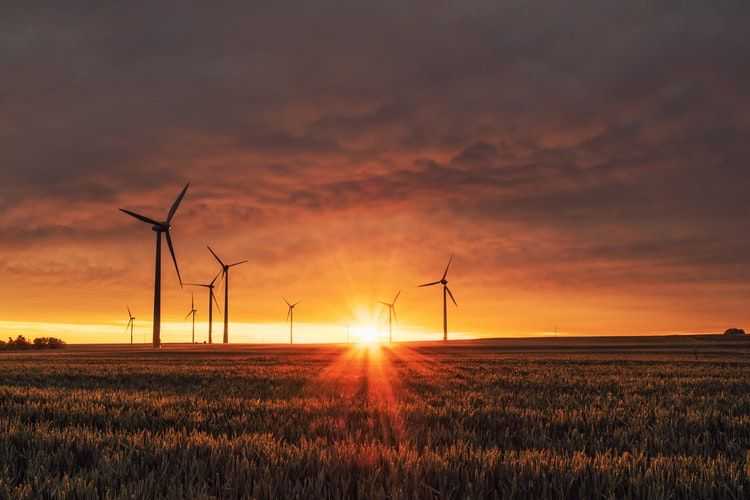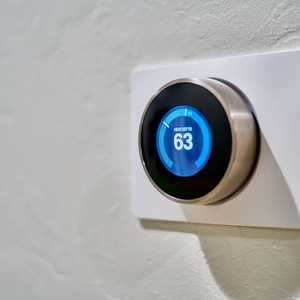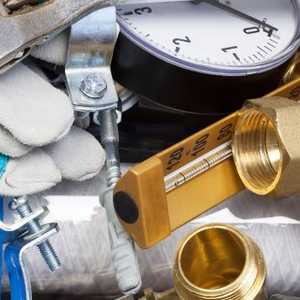Replacing the Gas Boiler: What can we expect after 2025?
The government plan includes replacing gas boilers with alternative heating after 2025. Rightio looks at what new heating systems we can expect.

The government plans to phase out gas heating and force new-built homes to use alternative, greener heating solutions have been known in the industry for at least a couple of years now. The Committee of Climate change has confirmed that by 2025 no new homes will be connected to the gas grid, and developers will have alternative options to choose from when planning for the heating system.
While gas engineers need not worry - there will be plenty of homes and boilers to service in their lifetime, and we certainly don't expect the need for gas specialists to decline any time soon, the focus of the government is shifting away from high-carbon fuels like oil and coil.
Since replacing gas boilers seems imminent, we decided to take a look and what heating alternatives we can expect to see after 2025?
Electrical Boilers
Electrical boilers work in a very similar way to gas boilers, using electricity instead of gas to heat water. They don't produce carbon emissions when working which benefits the environment but they are not a completely green alternative either. If the electricity being used is produced by burning fossil fuels as opposed to using solar power, then we'll still be facing a problem.
Heat Pumps
Heat pumps are widely speculated as being the replacement of the gas boiler. Interest around air source heat pumps has widely increased in the last year, as they are much easier to install than ground source heat pumps, which require the installation of pipes.
Air source heat pumps use a fan to draw in surrounding air over the heat exchanger. The heat pump only uses electricity to work, which does lower carbon emissions, but unless you are using solar power to generate the electricity, it won't be completely green.
Hydrogen
Hydrogen is a much more environmentally-friendly alternative to natural gas as it produces only water and heat when burnt. The idea of using hydrogen is favoured by the gas industry because it will mean combining natural gas and hydrogen, which produce much lower carbon emissions and can utilise the existing gas network, thus lowering costs.
There is a current study being run in the UK, called Hydrogen for Heat, which will explore the viability of the idea and take into account public opinion. The study is expected to be completed by March 2021.
Solar Heating Systems
Don't get solar heating systems confused with solar panels which generate electricity. Solar heating systems are a logical replacement to the traditional gas boiler, because they function on a very similar principle. Solar collectors, which absorb the heat from the sun are installed on the roof of the property. They use the heat to warm up water, which is being stored in a hot water tank. Solar heating systems can be fit on various types of roofs and take much less space than solar panels.
The future of green power certainly looks interesting but it gas boilers are expected to remain around for years. Even if your gas boiler is misbehaving, it might still have a few years of life left in it, and our Rightio engineers can help maintain it. Get in touch to find out how we can help.
Related advice
There are plenty of actions you can take to help keep your home in check. Take a look here for the latest guides, advice and tips from our experts!
View our latest advice







